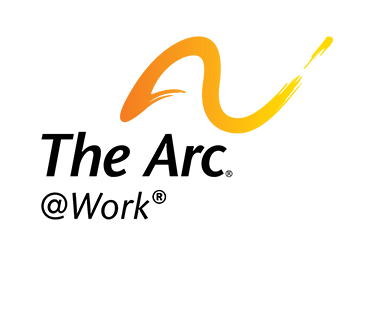The Workplace in 2020: Getting People With Disabilities Back to Work Safely During COVID-19
This year’s National Disability Employment Awareness Month arrives at a precarious time in our country’s history: we continue to face the ravages of the COVID-19 pandemic and one of the direst economic recessions in recent memory. The coronavirus pandemic has caused more than 200,000 deaths and infected more than 7 million people, while also creating immense challenges for the American business community and workforce. Despite some signs that the economy is beginning to pick back up again, the Bureau of Labor Statistics still reports that more than 11.5 million jobs were lost since the beginning of the pandemic in February.
When you dig into the numbers, the research shows that this recession has not been felt evenly across the labor force, and that systematically marginalized communities—such as communities of color, immigrants, women and others—have experienced higher unemployment than average. Jobseekers with disabilities are among the groups that have been hit the hardest. Research conducted by Global Disability Inclusion suggests that close to 40% of people with disabilities were laid off or furloughed as a result of the pandemic.
The struggles for people with intellectual and developmental disabilities (IDD) to gain access to employment were already apparent: research indicates between 80 – 90% of people with IDD of working age were unemployed in the years leading up to 2020. This is the first of a two-part series that The Arc@Work will publish this month to speak on the new and emerging challenges faced by workers with IDD and how employers, disability services agencies, and individuals with IDD can work together on creating solutions that create inclusion and workplace equity.
Negative Impact and New Barriers for Job Seekers With IDD
For jobseekers with IDD, the safety threat posed by the coronavirus—coupled with pre-existing barriers to employment and a now struggling national economy—creates compounding barriers that now make finding a job in the community extremely difficult. Industries such as brick and mortar retail, hospitality, and others that have historically been open to hiring people with IDD have suffered tremendous losses. Many small businesses in the community have shut down either temporarily or permanently.
- Risk of infection in the workplace: People working in person in brick and mortar retail or services are consistently at risk of exposure to the virus. People with IDD and their caregivers have suffered some of the highest infection and mortality rates in the country during the pandemic. Many people with IDD are either medically fragile or immunocompromised, making their potential exposure even more concerning.
- Barriers in public transportation and ridesharing: Many individuals with disabilities—especially those living in urban or suburban settings—rely on public transportation to get to work. There are very few public transportation networks around the country that are fully accessible to people with disabilities, and this problem is only further compounded by the threat of contracting the coronavirus in transit.
- Increased competition: Millions of work-eligible Americans are out of jobs and are competing for the same jobs as people with IDD, many of whom are first-time job seekers and risk being overlooked in favor of more experienced applicants. This means that the hourly jobs that were previously available to people with IDD have now become harder to obtain as the demand for jobs drastically outweighs the supply.
- Disappearing supports: Many individuals with IDD require the support of direct support professionals and job coaches to live independently and be successful in their jobs. The pandemic has hit the disability services industry hard, where many agencies have either been forced to close or have cut staff.
In a survey conducted by The Arc in May 2020 to gauge the effect of the pandemic on our network of chapters and affiliates, 44% of our agencies reported having to lay-off or furlough staff due to funding cuts. Nearly a third reported having trouble hiring and retaining staff due to prevailing economic conditions and fear of the virus.
- One-size-fits-all approach to workplace safety: Safety should not come at the cost of inclusion in the workplace. For some, abiding by COVID-19 safety protocols is difficult, especially as it relates to social distancing and using personal protective equipment (PPE). Many people with IDD have sensory difficulties that make it difficult to wear masks or gloves at all times, while others may have difficulties observing social distancing etiquette. This may impact an employee’s ability to interface with customers in person or be in the workplace at all.
Individuals with disabilities face these barriers—and more—in their efforts to get back to work, but these are all challenges that employers and disability services agencies can work together to solve. In the next part of this two-part series, we will go over some of the things that employers can do right now and in the future to support individuals with IDD to overcome these challenges and return to work.








